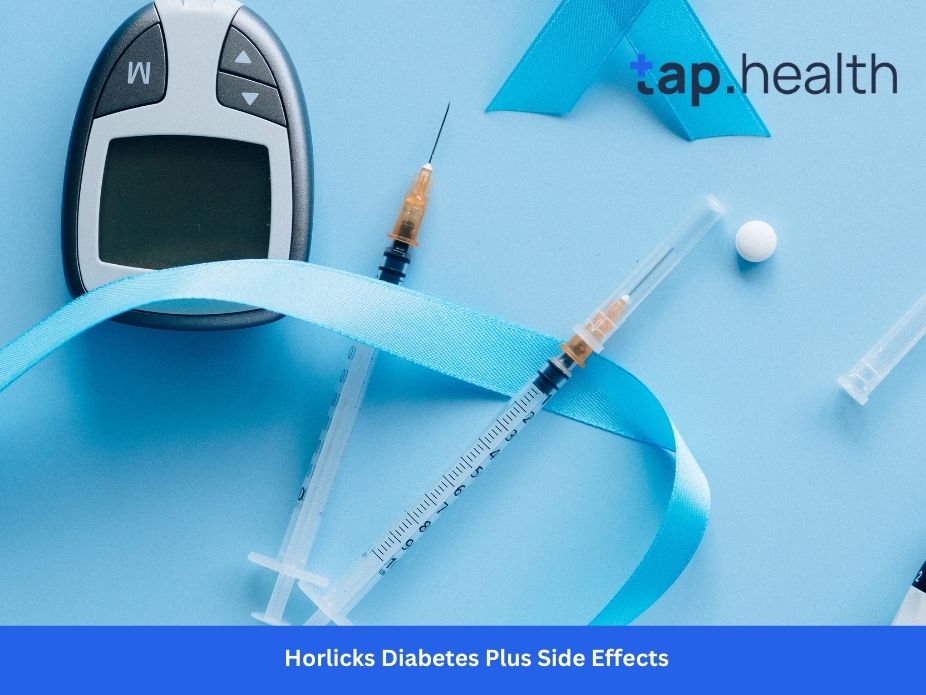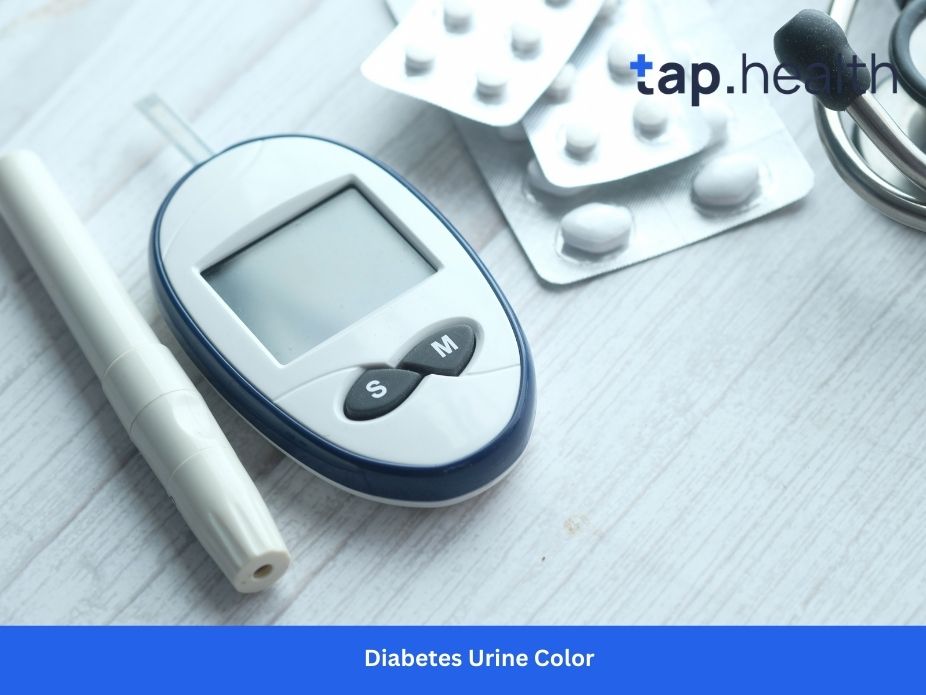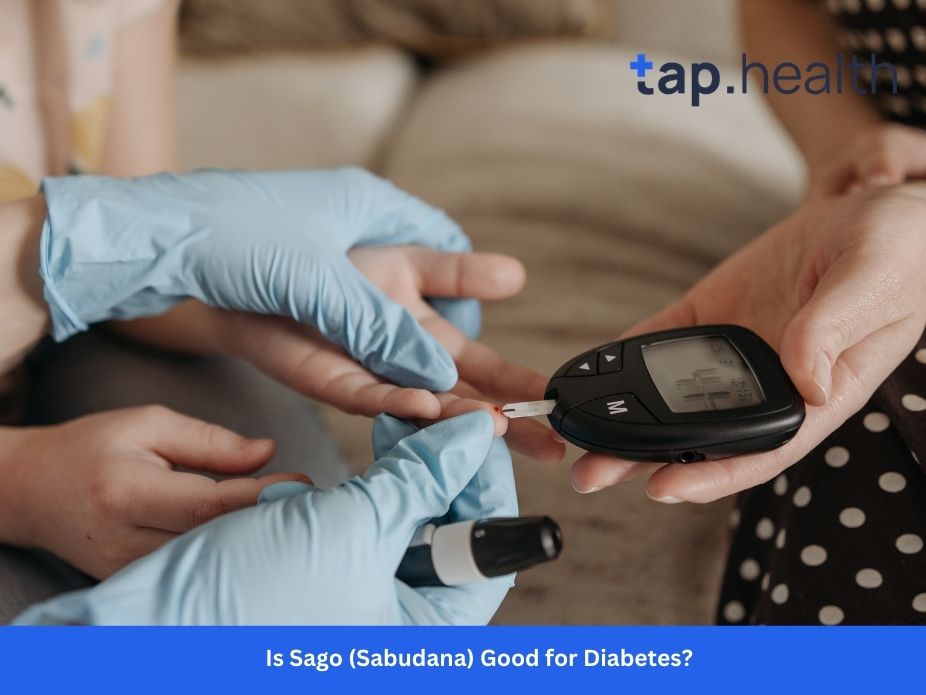Table of Contents
- Diabetes, Depression & Alcohol: A Risky Combination?
- Understanding the Links Between Diabetes, Depression, and Alcohol
- Alcohol Use, Depression, and Diabetes: Managing the Risks
- Combating Depression and Alcohol Abuse in People with Diabetes
- Diabetes and Mental Health: The Role of Alcohol Consumption
- Frequently Asked Questions
- References
Living with diabetes can be challenging enough, but did you know it’s linked to a higher risk of both depression and alcohol abuse? This complex interplay between these three conditions is often overlooked, leading to potentially serious consequences. In this blog post, we’ll delve into Diabetes, Depression, and Alcohol: Understanding the Risks, exploring the connections between them and offering practical strategies for managing these interconnected health concerns. Understanding these relationships is crucial for improving overall well-being and preventing further complications. Let’s uncover the facts and empower you to take control of your health.
Diabetes, Depression & Alcohol: A Risky Combination?
The interconnectedness of diabetes, depression, and alcohol consumption presents a significant health challenge, particularly in Indian and tropical countries. Research shows a clear link between these conditions; for instance, smokers with diabetes face double the mortality rate due to cardiovascular issues, highlighting the amplified risks when multiple factors are at play. This underscores the importance of understanding how these conditions interact and what steps individuals can take to mitigate their risks.
The Dangerous Trio: How They Interact
Diabetes, with its impact on blood sugar levels and overall health, can exacerbate symptoms of depression. Similarly, depression can lead to poor self-management of diabetes, including neglecting medication or dietary plans. Alcohol consumption further complicates this interplay; it can negatively influence blood sugar control, increase the risk of liver disease (already a concern in many tropical climates), and worsen depressive symptoms. This combination creates a vicious cycle, leading to poorer health outcomes and a diminished quality of life. Individuals in India and other tropical regions may face additional challenges due to socio-cultural factors and limited access to healthcare.
Protecting Your Wellbeing: Practical Steps
Managing diabetes effectively is crucial. This includes adhering to prescribed medication, maintaining a healthy diet, engaging in regular physical activity, and monitoring blood sugar levels consistently. Seeking professional help for depression is vital. Therapy, medication, or a combination of both can significantly improve mental health. Limiting or abstaining from alcohol is crucial to mitigate its negative effects on both physical and mental health. In many Indian and tropical communities, seeking support from family, friends, and community resources can be invaluable in managing these complex health issues. Open communication with healthcare providers is paramount for tailored advice and support. For those who choose to drink, understanding how to safely enjoy alcohol while managing diabetes is essential.
Taking Charge of Your Health
The synergistic risks of diabetes, depression, and alcohol are undeniable. Prioritizing your health by managing these conditions proactively can significantly improve your quality of life and longevity, particularly in the context of the unique challenges faced in Indian and tropical countries. Seek professional medical help immediately if you are experiencing symptoms of depression or are struggling to manage your diabetes. Remember, you are not alone, and support is available. It’s also important to be aware of the potential link between alcohol abuse and the development of diabetes, as explored in this article: Can Alcohol Abuse Cause Diabetes? – Tap Health
Understanding the Links Between Diabetes, Depression, and Alcohol
The interconnectedness of diabetes, depression, and alcohol abuse is a significant concern, particularly in India and other tropical countries. A substantial portion of the global diabetes population, 61% of whom are aged between 20-64 years, according to the IDF Diabetes Atlas, are at increased risk. This younger demographic often faces unique challenges, potentially exacerbating the interplay between these three conditions.
Diabetes and Depression: A Vicious Cycle
Diabetes significantly increases the risk of developing depression. The constant burden of managing blood sugar levels, along with the potential for long-term complications, can take a toll on mental health. Conversely, depression can lead to poor diabetes management, creating a dangerous feedback loop. Individuals experiencing depression may neglect their diet and medication, leading to uncontrolled blood sugar and further worsening their mental health. This is especially pertinent in regions with limited access to mental healthcare, a challenge faced by many in India and tropical countries. For a deeper understanding of this complex relationship, see our article on The Impact of Diabetes on Mental Health.
Alcohol and Diabetes: A Risky Combination
Alcohol consumption poses additional risks for individuals with diabetes. Alcohol can interfere with blood sugar regulation, leading to both hypoglycemia (low blood sugar) and hyperglycemia (high blood sugar). Moreover, excessive alcohol use can worsen existing liver problems, a common complication of diabetes. In tropical climates, where social gatherings often involve alcohol, awareness of these risks is crucial. The link between diabetes and weight management is also significant, as obesity is a major risk factor for developing diabetes. For more information on this connection, read our blog on Understanding the Link Between Diabetes and Obesity.
Seeking Support in Your Community
Taking proactive steps is vital. Regular check-ups with your doctor and a registered dietitian are crucial for managing diabetes. If you’re struggling with depression or alcohol abuse, seeking help from a mental health professional is equally important. Many community-based programs in India and other tropical countries provide support and resources for those managing diabetes and related mental health conditions. Don’t hesitate to reach out and access the available support systems. Your health is paramount, and managing these interconnected issues proactively can significantly improve your quality of life.
Alcohol Use, Depression, and Diabetes: Managing the Risks
The interconnectedness of alcohol consumption, depression, and diabetes is a significant health concern, particularly in Indian and tropical countries where these conditions are prevalent. Daily consumption of sugary beverages, for instance, raises the risk of developing diabetes by a concerning 26%. This highlights the importance of understanding how these three factors interact and impact overall well-being.
Understanding the Links
Alcohol abuse can worsen existing depression, creating a vicious cycle that further increases the risk of developing type 2 diabetes. Excessive alcohol intake often leads to poor dietary choices, including increased consumption of sugary drinks and processed foods, directly contributing to weight gain and insulin resistance – key factors in the development of diabetes. Furthermore, alcohol interferes with the body’s ability to regulate blood sugar levels, increasing the likelihood of hyperglycemia (high blood sugar). Depression, independently, also affects blood sugar control and increases the risk of developing diabetes. Managing these conditions requires a holistic approach.
Practical Steps for Managing Risk
In many Indian and tropical countries, cultural norms and social gatherings often involve alcohol consumption. It’s crucial to be mindful of the quantity and frequency of alcohol intake. Moderation is key. Prioritizing a healthy diet low in processed sugars and saturated fats, along with regular physical activity, is equally essential. Seeking professional help for depression is crucial, as untreated depression can exacerbate the risks associated with diabetes and alcohol abuse. Consider consulting a doctor or a qualified healthcare professional for personalized advice, especially if you have a family history of diabetes or experience symptoms of depression. The challenges of managing diabetes can increase with age, as discussed in Managing Diabetes as You Age: Challenges and Solutions. Stress management is also crucial for better diabetes control; check out Effective Stress Management Tips for Better Diabetes Control for helpful strategies.
Taking Control of Your Health
Regular check-ups, including blood sugar monitoring, are vital for early detection and management of diabetes. Remember that making informed choices about your lifestyle can significantly reduce your risk of developing or worsening these conditions. In the context of Indian and tropical countries, where access to healthcare may vary, proactive steps towards healthy living become even more critical. Prioritize your well-being and seek support when needed—your health is an investment in a longer, happier life.
Combating Depression and Alcohol Abuse in People with Diabetes
The Intertwined Challenges of Diabetes, Depression, and Alcohol
Living with diabetes presents numerous challenges, and unfortunately, it often increases the risk of developing depression and alcohol abuse. This is particularly pertinent in Indian and tropical countries where societal pressures and access to healthcare can be significant factors. The added burden of managing a chronic illness can exacerbate existing mental health issues or trigger new ones. Research shows a strong correlation between diabetes and an elevated risk of sleep disorders, including sleep apnea, which further complicates the picture by impacting mood regulation and overall well-being. A 70% increased risk of sleep apnea in people with diabetes highlights the need for proactive mental health management.
Strategies for Managing Mental Health
Addressing depression and alcohol abuse is crucial for effective diabetes management. For individuals in Indian and tropical countries, culturally sensitive approaches are essential. This might involve seeking support from family, religious leaders, or community health workers alongside professional medical help. Open communication with your doctor is paramount. Discussing your mental health alongside your physical health ensures a holistic approach to treatment. Consider exploring therapies like yoga and meditation, practices deeply rooted in Indian culture and known for their stress-reducing benefits. Support groups specifically for people with diabetes can provide a sense of community and shared experience. Managing stress is also crucial, and sometimes, emotional eating can become a coping mechanism. For strategies on dealing with this, you might find Addressing Emotional Eating in Diabetes: Strategies helpful.
Seeking Help and Support
It’s vital to remember that seeking help is a sign of strength, not weakness. Don’t hesitate to reach out to healthcare professionals specializing in diabetes and mental health. In many Indian and tropical countries, awareness and access to mental health services are improving, yet early intervention remains key. Take proactive steps to protect your mental wellbeing, and know that resources are available to help you manage your diabetes and its associated challenges effectively. Remember, holistic care that prioritizes both physical and mental health will contribute to a better quality of life. Maintaining a strong immune system is also vital for overall health. For tips on Boosting Immunity While Managing Diabetes, check out our related article.
Diabetes and Mental Health: The Role of Alcohol Consumption
Diabetes significantly impacts mental well-being, increasing the risk of depression. This connection is further complicated by alcohol consumption, a prevalent issue in many Indian and tropical countries. The interplay between diabetes, depression, and alcohol creates a dangerous cycle, impacting both physical and mental health. For individuals with diabetes, alcohol can worsen blood sugar control, leading to further complications. Sometimes, inaccurate readings can lead to questions like those addressed in Why Do Diabetics Test Positive for Alcohol?.
Understanding the Risks
Excessive alcohol use can interfere with medication effectiveness, increasing the risk of hypoglycemia (low blood sugar) or hyperglycemia (high blood sugar). This instability can exacerbate existing depressive symptoms and even trigger new ones. The chronic inflammation associated with uncontrolled diabetes can also contribute to depression. Importantly, alcohol abuse further stresses the already vulnerable kidneys, increasing the risk of developing diabetic nephropathy. Nearly 30% of people with diabetes develop this serious kidney complication, highlighting the critical need for responsible alcohol consumption. Stress, as discussed in How Stress Hormones Affect Diabetes, can also significantly impact blood sugar levels and worsen the situation.
Alcohol’s Impact in Tropical Climates
In hot and humid climates prevalent across India and many tropical regions, dehydration from alcohol consumption can be especially problematic for individuals with diabetes. Dehydration can further disrupt blood sugar regulation, worsening existing health conditions and increasing the vulnerability to heatstroke. Seeking support and adopting healthy lifestyle changes are crucial in these regions where access to healthcare might be limited.
Taking Control
Managing diabetes effectively, seeking professional help for depression, and limiting alcohol consumption are vital for improving overall health and well-being. Connecting with local support groups and healthcare professionals specializing in diabetes and mental health can provide invaluable guidance and support tailored to your specific needs and regional context. Prioritizing your health is a key step towards a better quality of life.
Frequently Asked Questions on Diabetes, Depression & Alcohol Risks
Q1. How are diabetes, depression, and alcohol use related?
Diabetes, depression, and alcohol consumption are interconnected. Diabetes increases the risk of depression, while depression makes managing diabetes harder. Alcohol worsens blood sugar control, liver health, and depressive symptoms, creating a negative cycle.
Q2. What can I do to manage these conditions effectively?
Effective diabetes management is key, including medication adherence, proper diet, and regular exercise. Seeking professional help for depression through therapy or medication is vital. Limiting or avoiding alcohol is also crucial.
Q3. What are the benefits of proactive management?
Proactive health management significantly improves your quality of life and increases your lifespan by breaking the negative cycle between diabetes, depression, and alcohol use.
Q4. Are there specific challenges in managing these conditions in certain areas?
Yes, these intertwined conditions present unique challenges in regions like India and tropical areas, particularly due to the high percentage of younger adults (20-64) living with diabetes. Social support and open communication with healthcare providers are especially important.
Q5. Where can I find help and support?
It’s crucial to seek professional help from doctors, therapists, and other healthcare providers. Open communication with your healthcare team and building a strong support system are essential for managing these interconnected health issues.
References
- A Practical Guide to Integrated Type 2 Diabetes Care: https://www.hse.ie/eng/services/list/2/primarycare/east-coast-diabetes-service/management-of-type-2-diabetes/diabetes-and-pregnancy/icgp-guide-to-integrated-type-2.pdf
- Diabetes Mellitus: Understanding the Disease, Its Diagnosis, and Management Strategies in Present Scenario: https://www.ajol.info/index.php/ajbr/article/view/283152/266731



